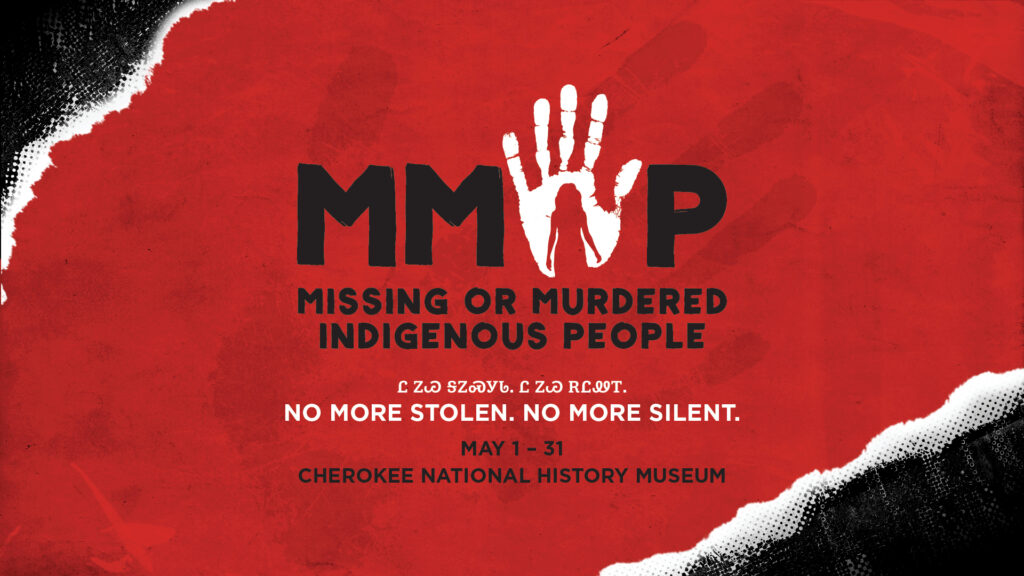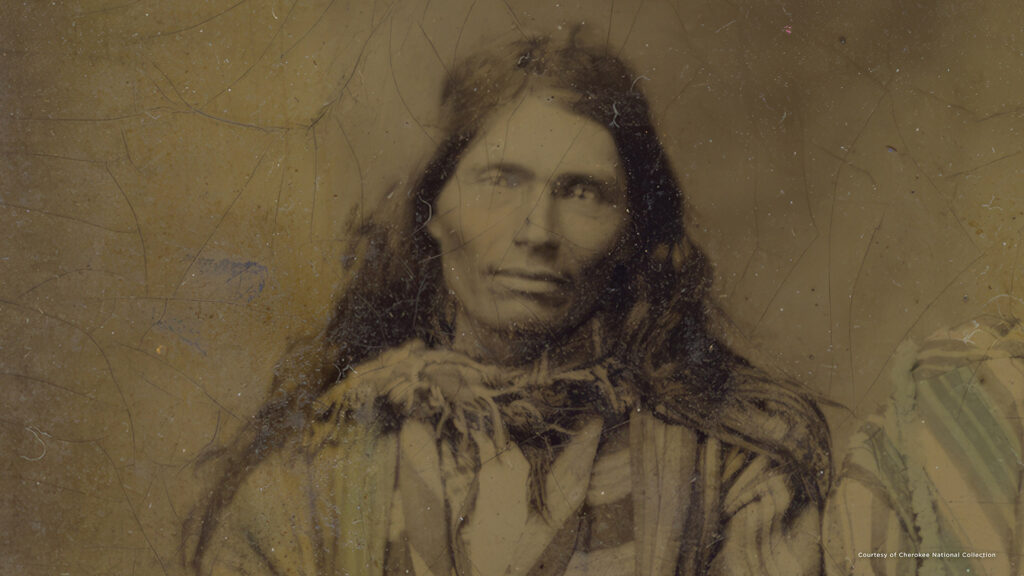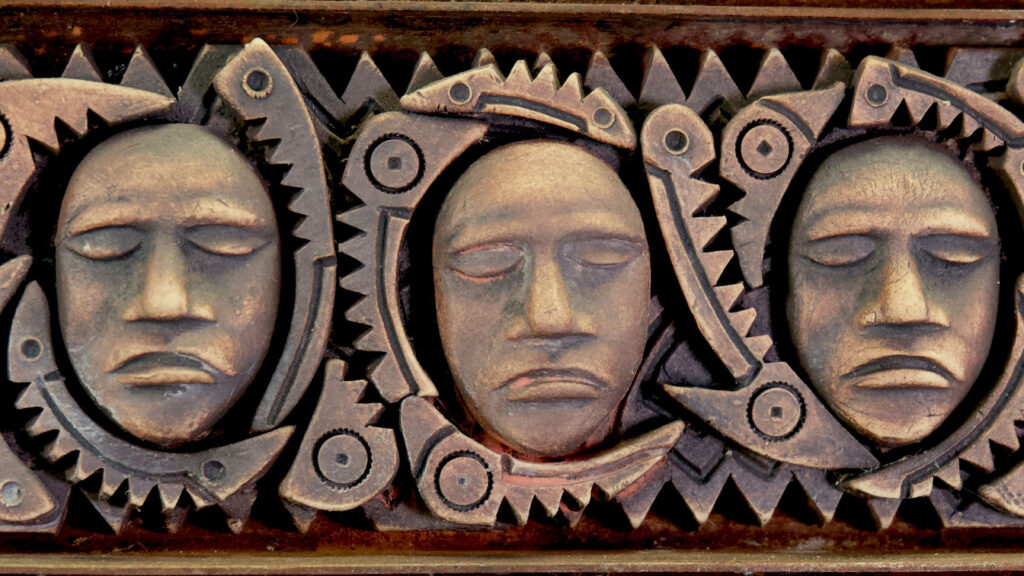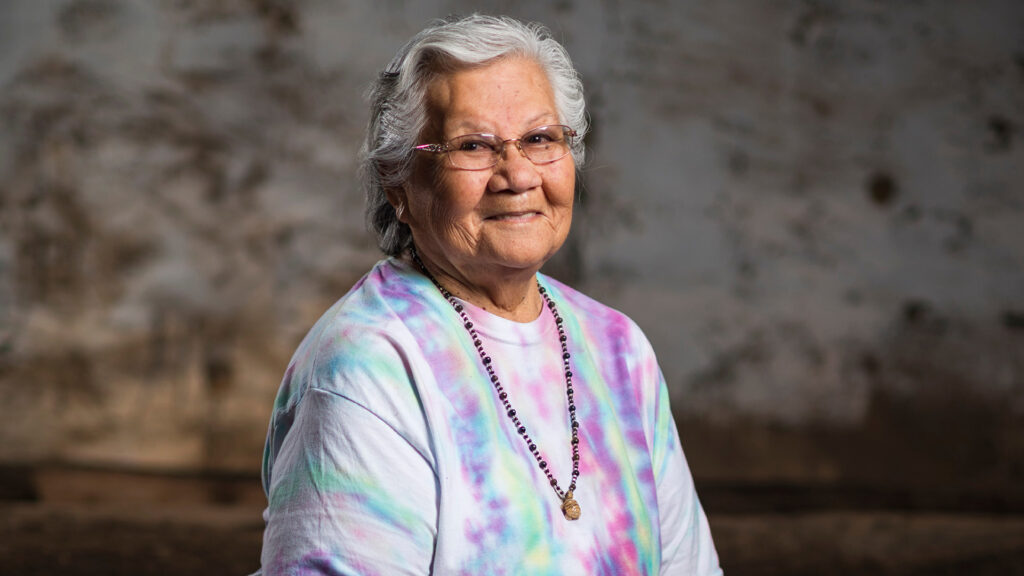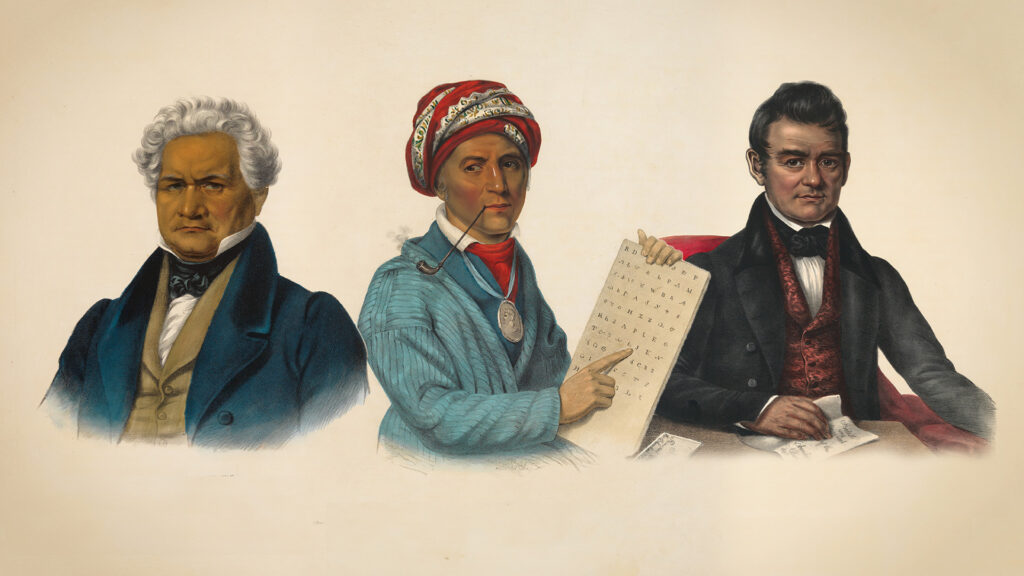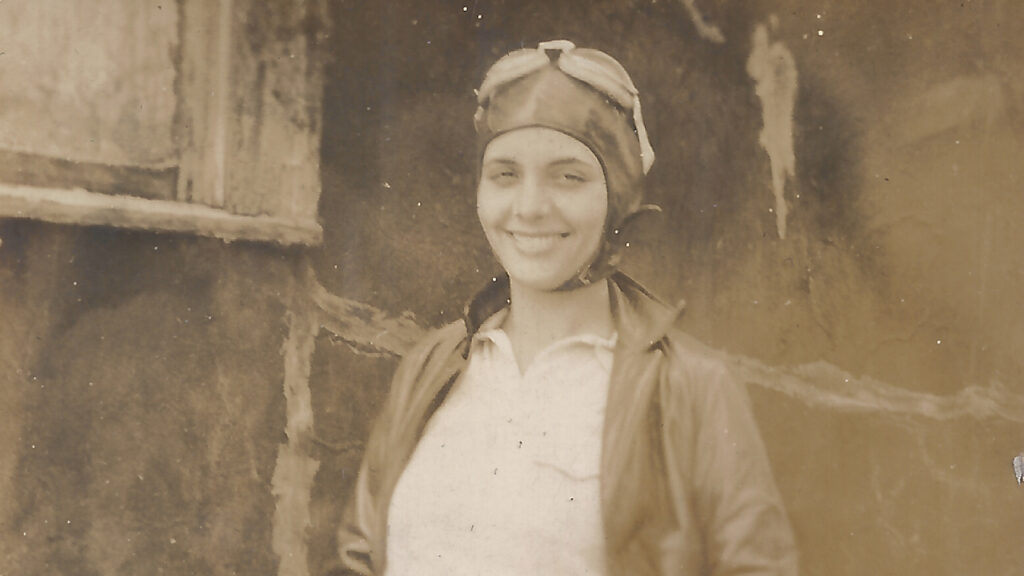To bring awareness to the Missing or Murdered Indigenous People (MMIP) epidemic, a special exhibit, “Missing or Murdered Indigenous People: No More Stolen. No More Silent.” will be on display for the month of May at the Cherokee National History Museum in Tahlequah, Oklahoma.
The display will include clothing and artwork pieces, interactive awareness components and will correspond with other MMIP events happening in Cherokee Nation in May. Learn more about the #MMIP movement and the ways to contribute to the grassroots efforts of Indigenous people to find our lost loved ones and bring perpetrators to justice.
This epidemic has deeply impacted Native communities everywhere, including the Cherokee Nation:
- In 2016, some 5,712 reports of missing indigenous women and girls were filed, according to the National Crime Information Center. Equally alarming, the National Missing and Unidentified Persons System (NamUs) only logged 116 — or two percent — of those cases.
- In 2020, the Centers for Disease Control reported that non-Hispanic Native females experienced the second highest rate of homicide in 2020, while non-Hispanic Native males had the highest rate of homicide compared with males of other racial and ethnic groups.
- In January 2025, NamUs reported 876 cases of missing persons identified as Native American.
Cherokee Nation is bringing attention to disproportionate rates of violence against Native Americans and Alaskan Natives and is actively working to end the cycle of violence and help heal our communities by:
- Expanding Cherokee Nation’s ONE Fire Victim Services office, helping victims of sexual and domestic assault and abuse.
- Increasing the number of Cherokee Nation Marshals and prosecutors in our tribal law enforcement and judicial systems to protect victims and prosecute those who commit crimes.
- Employed a full-time investigator to work exclusively on MMIP cases.
Learn more about active MMIP cases in the Cherokee Nation at: www.cherokee.org/about-the-nation/mmip

